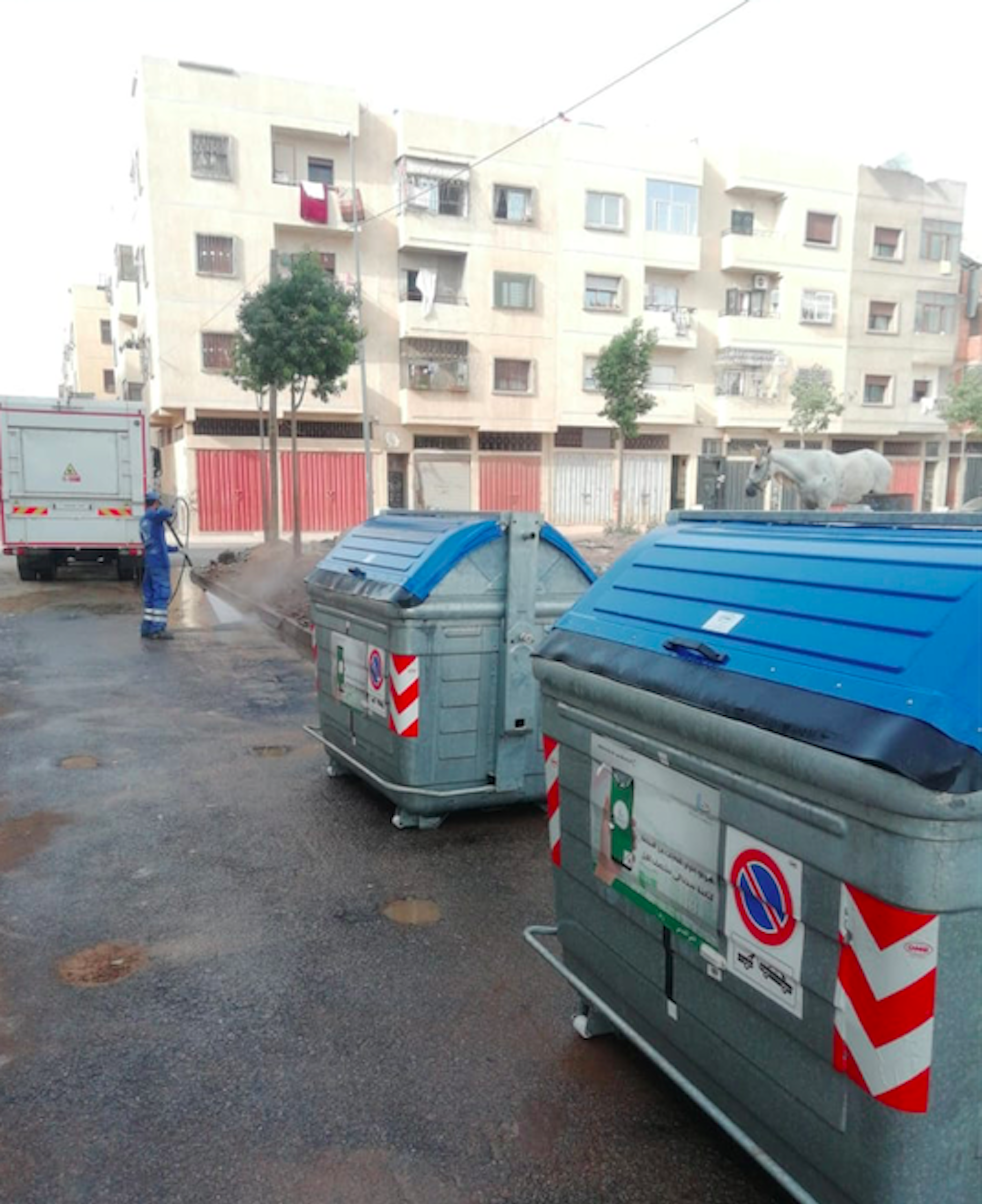Averda, the leading end-to-end waste management company in emerging markets, has stepped up operations over the Eid period, collecting over 16,000 tons of sacrificial waste over the 3 days of celebrations, to provide cleaner living conditions across a number of the areas in which it operates, including Oman and Morocco.
Averda provides waste management and recycling services in UAE, Saudi Arabia, Oman, Morocco, South Africa, and Congo, countries which are seeing increases in waste production under normal circumstances and therefore struggle with the influx of hazardous waste that is accumulated over celebratory periods such as Eid Al Adha and Eid Al-Fitr. The waste consists mostly of animal remains which can create a serious burden on the municipal system, not to mention health risks if it is not collected in a timely manner.
In Oman alone, Averda collected 1,455 tons of sacrificial waste across 3700 locations in the 3 days over the initial Eid weekend. While in Morocco, Averda had 2,380 employees working across the Eid weekend who collected and emptied 9,300 bins, collecting over 15,000 tons of waste. Aside from the collection of waste Averda also washes containers and their locations immediately after the waste is removed in order to ensure the highest hygiene standards. This includes shaving, chlorinating and disinfecting all the relay points.
Malek Sukkar, CEO of Averda, said:
“Eid Al Adha is an important time of year – yet it also creates a serious challenge for some municipalities during the celebratory period. The amount of sacrificial waste is these areas increases exponentially year on year and can put real pressure on the municipal system. Averda has the resource and the skillset to remove and manage this particular type of waste safely, protecting hygiene standards and keeping the local population from having to be around decomposing animal innards for a sustained period of time. We have found that people are sometimes not sure what to do with the sacrificial waste and subsequently dump it haphazardly. We believe that there should be more information given around the period to highlight how this waste can be responsibly disposed of.”



